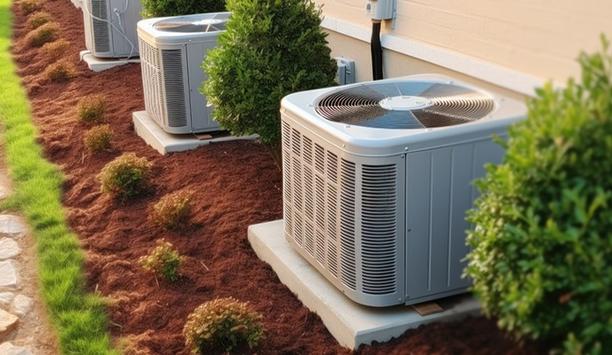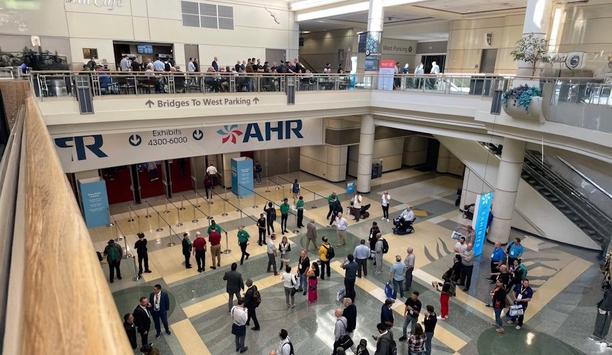Which measures can lessen the spread of the novel coronavirus, and which can make it worse? As the pandemic continues to unfold, there is an overabundance of advice on the subject as it relates to HVAC systems.
For example, one theory goes that air conditioning, by removing humidity from the air, may enable infectious droplets to linger longer than they would outdoors or in another space where humidity is higher. More humidity can weigh down viral droplets as they float through the air. Does it make sense, therefore, to turn the AC off to minimize spread of the virus?
Not according to ASHRAE, which officially opposes the advice not to run residential or commercial HVAC systems. In fact, ASHRAE asserts that keeping air conditioners on during this time can help control spread of the virus.
Ventilation And Filtration May Control COVID-19
Transmission of SARS-CoV-2 through the air is sufficiently likely that airborne exposure to the virus should be controlled, says ASHRAE, the American Society of Heating, Refrigerating and Air-Conditioning Engineers. Changes to building operations, including the operation of HVAC systems, can reduce airborne exposures, says the professional association.
ASHRAE asserts that keeping air conditioners on during this time can help control spread of the virus
Ventilation and filtration can reduce airborne concentration of the novel coronavirus and thus the risk of transmission through the air. Furthermore, unconditioned spaces can cause thermal stress to people that may be directly life threatening and may also lower resistance to infection.
In general, disabling of HVAC systems is not a recommended measure to reduce the transmission of the virus, ASHRAE concludes.
ASHRAE’s Epidemic Task Force
In response to the pandemic, ASHRAE has created an Epidemic Task Force comprised of experts to address the relationship between the spread of disease and HVAC.
“When called upon by circumstances to assist in situations such as the COVID-19 pandemic, our technical and standards committees act within their spheres of competence to do whatever they can to help,” says William Bahnfleth, chair of the ASHRAE Epidemic Task Force.
Also, ASHRAE’s Environmental Health Committee has updated a Position Document on Infectious Aerosols. Observational studies and modeling of COVID-19 suggest the likelihood of transmission through the air via aerosols.
Evidence-Based Infection Control
ASHRAE pledges to take full advantage of the knowledge among its members to create evidence-based infection control practices during this pandemic and prior to future pandemics. The society will also conduct training on engineering guidelines and operation of interventions that promote healthy air quality, which are not always understood in the context of building design, construction and operations.
Observational studies and modeling of COVID-19 suggest the likelihood of transmission through the air via aerosols
ASHRAE will continue to support research that advances the knowledge base of indoor air management strategies aimed to reduce occupant exposure to infection aerosols. The association’s Healthcare Facilities technical committee has worked to produce guidance that can be implemented immediately to help hospitals and clinics cope with increasing volume of COVID-19 cases.
Guidance includes design of existing infection isolation, intensive care and critical care rooms. Guidance also covers how to create additional observation/segregation rooms for a small-scale admission surge as well as to establish wards/suites for a large-scale surge.





































